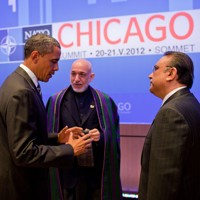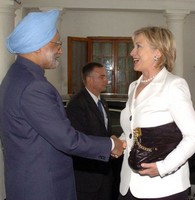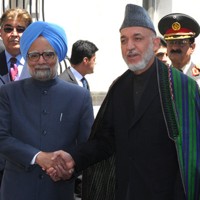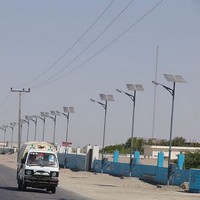
Editor’s note: This is the second in a two-part series examining the challenges to reaching a sustainable peace in Afghanistan. Part I examined the domestic challenges to national reconciliation. Part II examines the regional context of the Afghan peace process. When NATO leaders gathered in Chicago earlier this week for a much-awaited summit, the withdrawal strategy for Afghanistan dominated the proceedings. A twist in the plot had developed in the lead-up to the gathering when NATO extended a last-minute invitation to Pakistani President Asif Ali Zardari. The logic was straightforward: The occasion would be used not only to reach an […]



